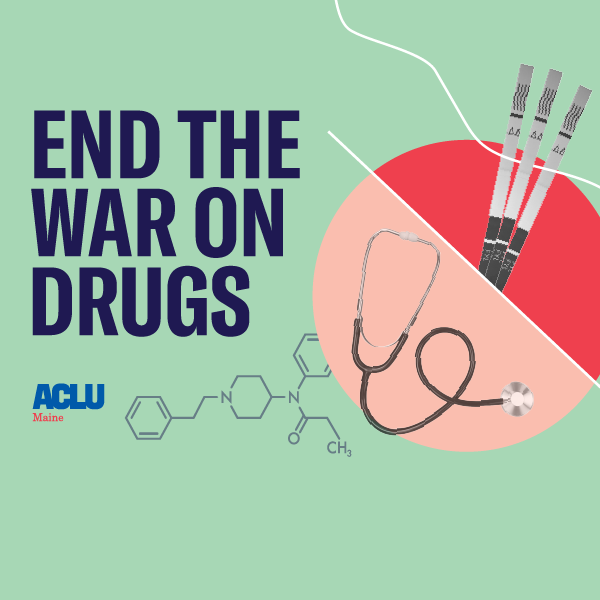Addressing Maine's Deadly Overdose Epidemic with a Public Health Response
- Position: Support
- Session: The First Regular Session of the 132nd Legislature
- Latest Update: January 1, 2025

Stay Informed
Sign up to be the first to hear about how to take action.
By completing this form, I agree to receive occasional emails per the terms of the ACLU’s privacy statement.
By completing this form, I agree to receive occasional emails per the terms of the ACLU’s privacy statement.



